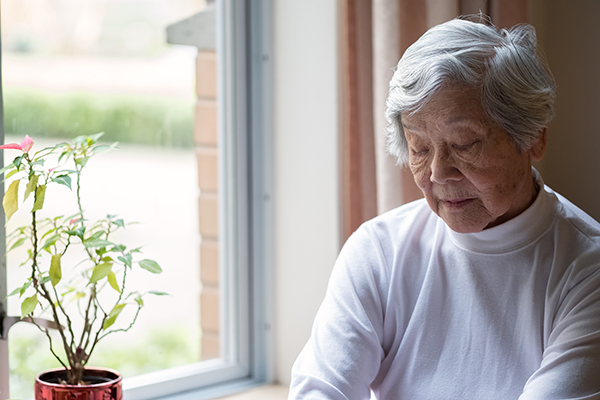
We are living in unprecedented times. No one could have predicted that we would be living in a global pandemic that would rock our lives and cause so many changes. Older adults are hit particularly hard because health guidelines call for certain protocols to take place in order to stay safe—such as social distancing.
Humans are social creatures. We need to be with friends and family in order to communicate and share our ideas with. There’s nothing better than sitting down and talking about your day with your family over some coffee. Human beings need other human beings in order to live a happy life. However, with the COVID-19 pandemic currently taking place, having social gatherings and being with loved ones can be difficult.
In order to combat isolation and depression during COVID-19, here’s a list of tips and things you can do to care for your mental health and stay connected with loved ones:
#1: Take care of your body
During times of stress, it is normal to forget to take care of yourself because you are so worried and caught up with caring for others. Remember to get lots of sleep; it is recommended that you get at least 7-8 hours of sleep per night. Remember to eat healthy meals. This means you should eat whole grains, fruits and vegetables, and stay away from fatty foods. Remember to exercise regularly. Exercise is extremely important but is something that most older adults need to prioritize.
#2: Stay active
This is an extension of tip #1, but deserves its own category to emphasize how important it is to stay active and exercise. Not only does exercise allow you to stay physically healthy, it is also proven to improve your mental health as well. Physical activity doesn’t mean you have to perform strenuous workouts. Walk around the neighborhood if the weather is nice. Moreover, yoga at home is available by watching instructional videos while following along. Turning on some music in order to dance, or burning calories by gardening are also options.
#3: Check up on your family and friends
Even though social distancing guidelines keep us from seeing loved ones in person, remember there are alternatives such as phone calls or webcam calls! Calling and chatting with your friends and family will certainly cheer you up. If you have access to a computer or a smartphone, you can use apps such as Zoom, Skype, or FaceTime for an audiovisual connection to see the person you are talking to in order to have a more personal experience.
Being separated from your loved ones during this extremely difficult time can be stressful to your mind, so remember to be kind to yourself. Take good care of yourself, exercise, and give your family a call to see how they’re doing and let them know how you’re doing. We can get through this together.
WellPath Partners is your senior resource referral guide. Follow us on ALL social media platforms and join us weekly for more content and public health discussions.
By: Dan Nguyen
Senior Care Advising Intern at WellPath Partners
Human Development Student at California State University, Long Beach
